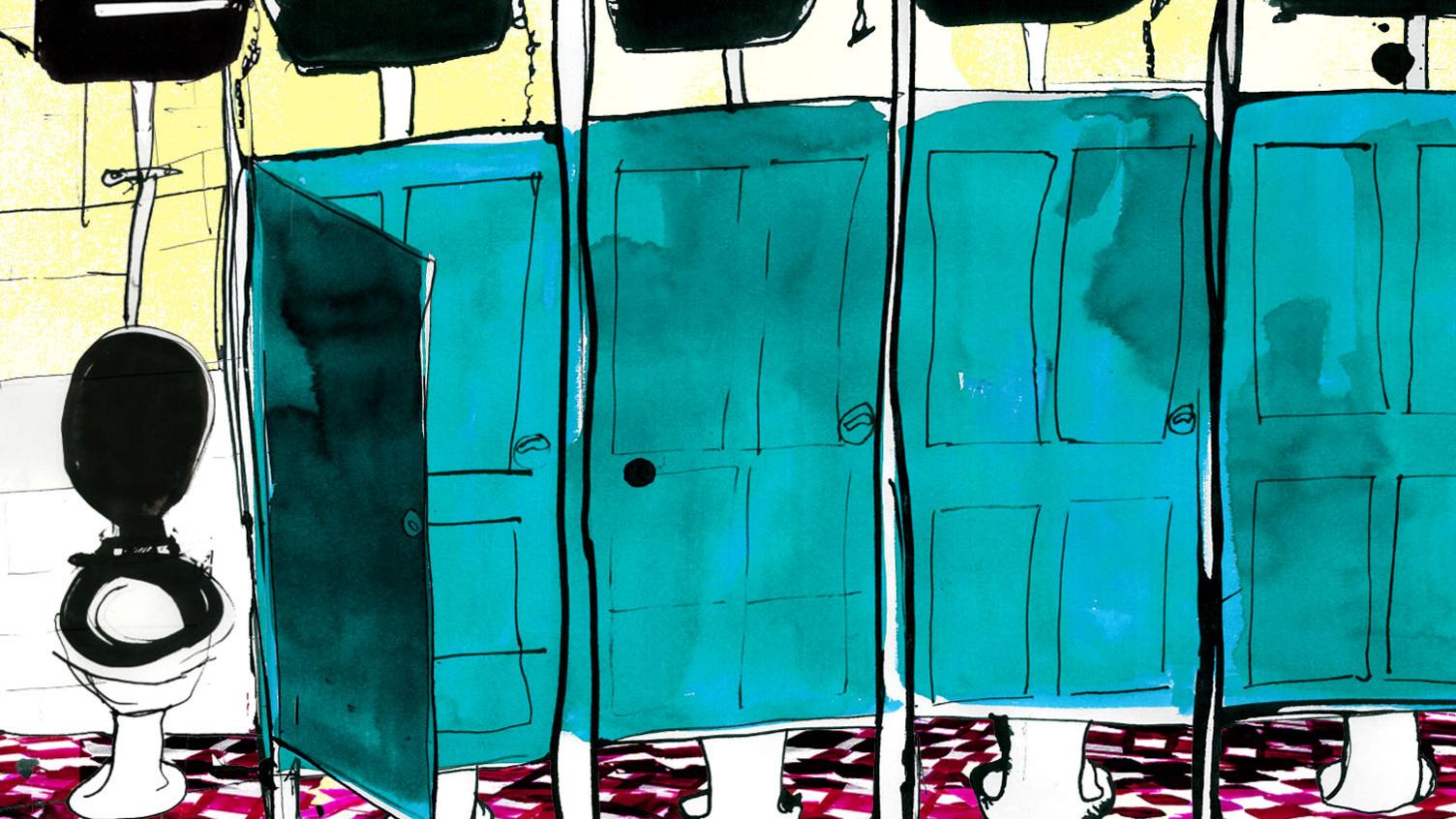London's public toilets a serious concern, report finds
- Published
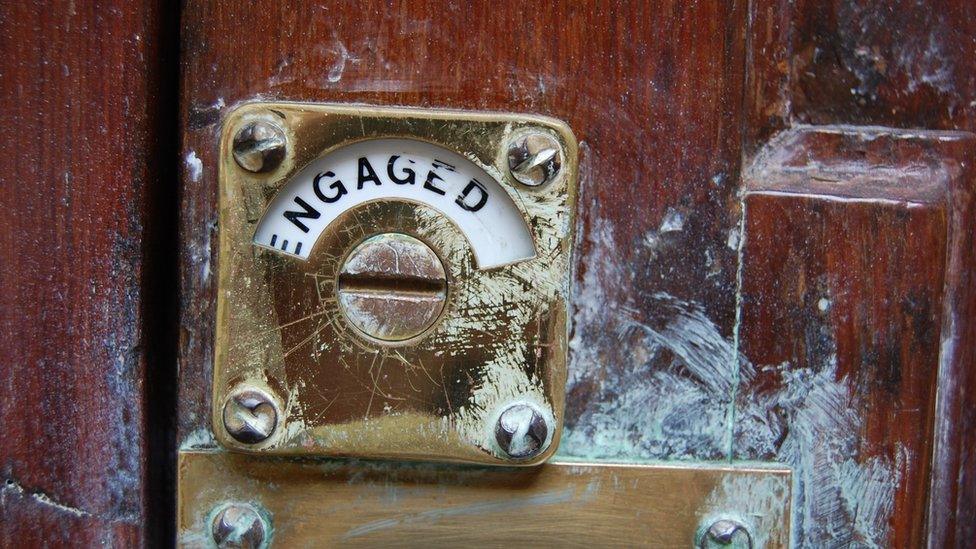
Londoners are deliberately dehydrating themselves because they worry they will be unable to find a public toilet, a new report has found.
The London Assembly Health Committee reported 91.3% of respondents think the capital's public toilet facilities are inadequate.
The committee said public toilets were "integral" to making London accessible, inclusive, and economically viable.
The report, external called for councils to be legally obliged to provide toilets.
Local authorities do not currently have to operate or maintain toilets, making them an easy target if budgets are slashed.
The report makes 12 recommendations, including that the government ringfence funding for council-run public toilets.
Other suggestions are that the mayor of London should encourage businesses to open their facilities to the public and advertise the fact they have done so.
'Urinary leash'
Transport for London (TfL) should add an easy-to-find toilet map on its mobile app, the report recommends.
People reported to the committee that they dealt with a lack of access to toilets by restricting fluid intake.
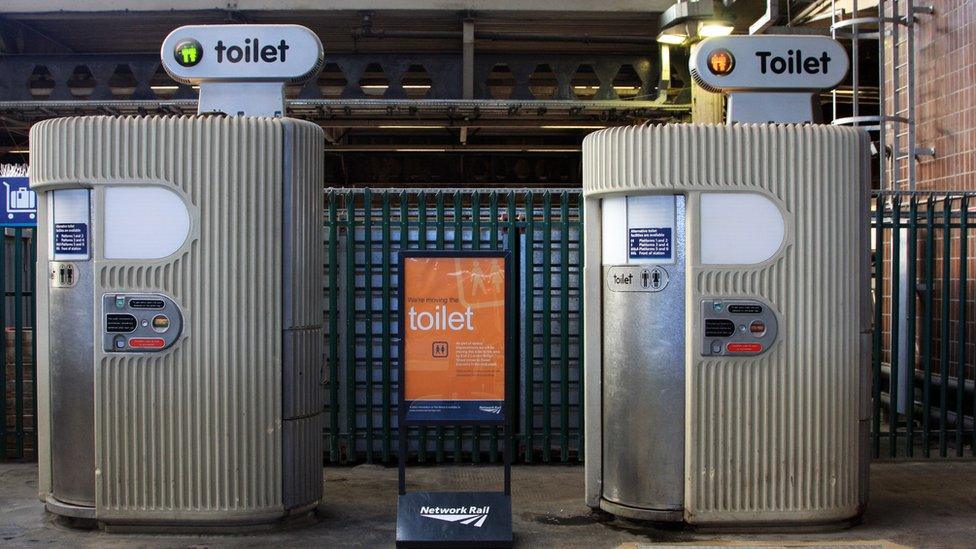
Twenty per cent of people state that a lack of facilities in their neighbourhood means they restrict outings from their homes
Some campaigners are finding solutions - Twitter account London Loo Codes maintains an open-access spreadsheet with the codes needed to open the toilets, external at various High Street cafes and shops.
According to a 2019 report by the Royal Society for Public Health, the effect of a lack of public toilets has been to create a "urinary leash".
One in five people state that a lack of facilities in their neighbourhood means they restrict outings from their homes, the report found.
Age UK says the dearth is adding to older people's social isolation because they are reluctant to risk going out without knowing there is a toilet available - and that dehydration was an extra hazard.

What are your rights?
There is no particular right to access a toilet in public, external and local authorities do not have a duty to provide them
Businesses that provide toilets for their customers have no legal duty to do so for non-customers
Workplaces, external must provide suitable conveniences for their staff
Anywhere that offers goods or services to the public must make sure disabled people have equal access, external to their facilities, including toilets

Assembly health committee chairperson Caroline Russell said: "It is simply not acceptable that people are purposefully dehydrating.
"Some even feel they cannot leave the house at all. Our findings should serve as a wake-up call that having no place to go can have serious physical and mental health consequences.
"Public toilets are not just a convenience - they're a necessity."
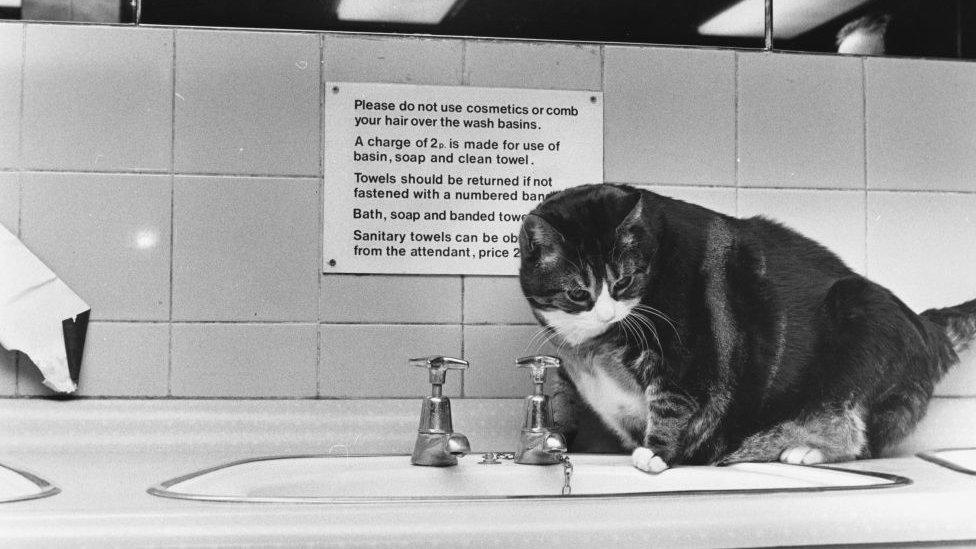
Tiddles the cat, pictured in 1978, uses the public toilets at Paddington station
There is no centralised data on public toilet provision in London, so the current figure is unknown.
In 2011, a report found there were 393 local authority-maintained public toilets in the capital, down from 486 in 2000.
Across the UK, it is estimated that more than 1,700 public toilet facilities closed in the decade leading up to 2016.
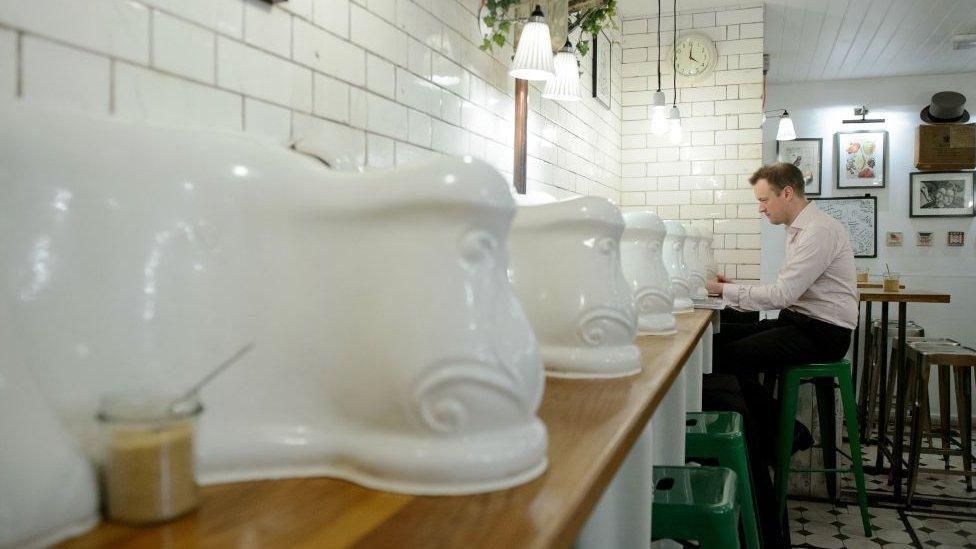
Some former public toilets have been sold to private enterprises - this café in central London has made a feature of the original urinals
In a separate release, the rail trade union Aslef said some train drivers did not drink water, tea or coffee when on duty to avoid having to go to the toilet because of the lack of facilities.
General secretary Mick Whelan said: "It's an occupational health and safety issue as well as one of basic human rights.
"Access to toilets and washing facilities is essential for good public health and to prevent the spread of disease".
The Radar National Key Scheme, which offers access to over 9,000 locked public toilets around the UK with one key, is available from bowel and bladder-related charities, local authorities and some pharmacists.
The "Just Can't Wait" card, issued by some charities,, external can help people communicate they need to use a toilet urgently.
- Published31 May 2016
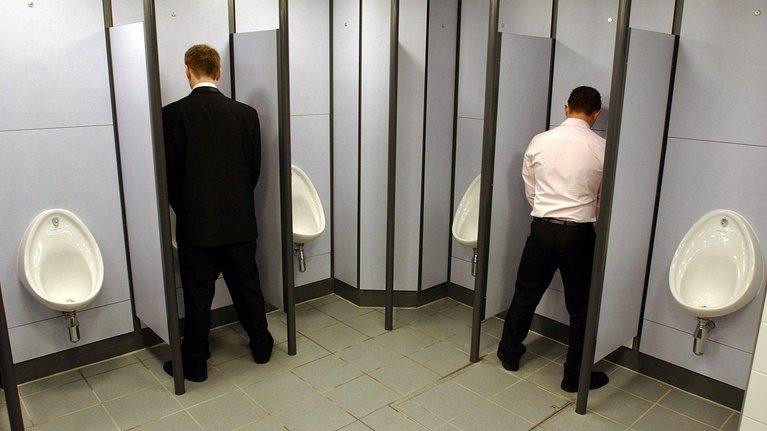
- Published15 August 2018
